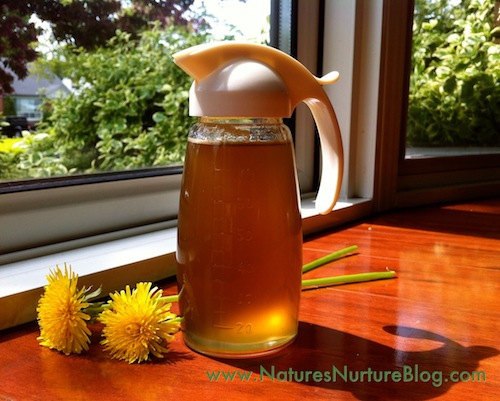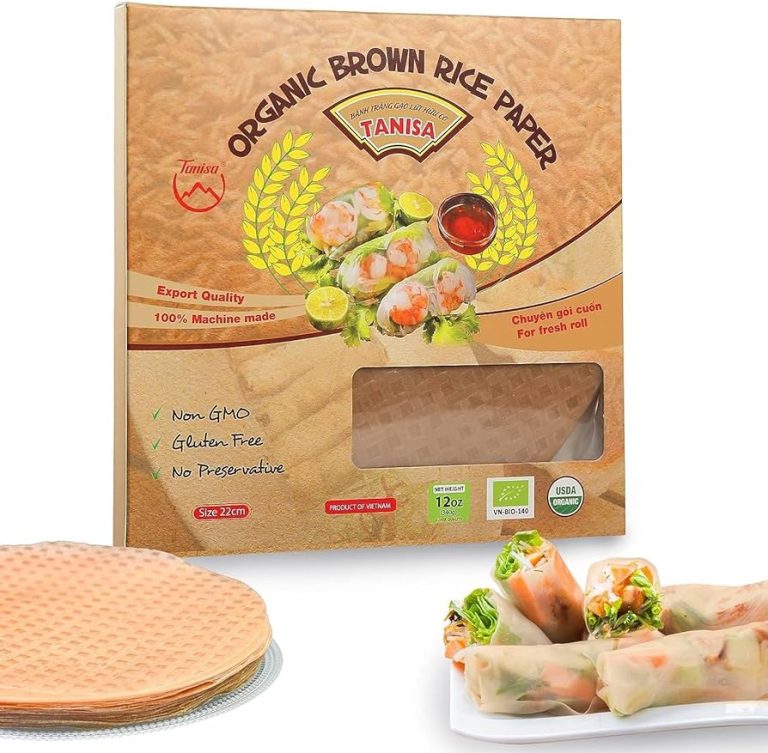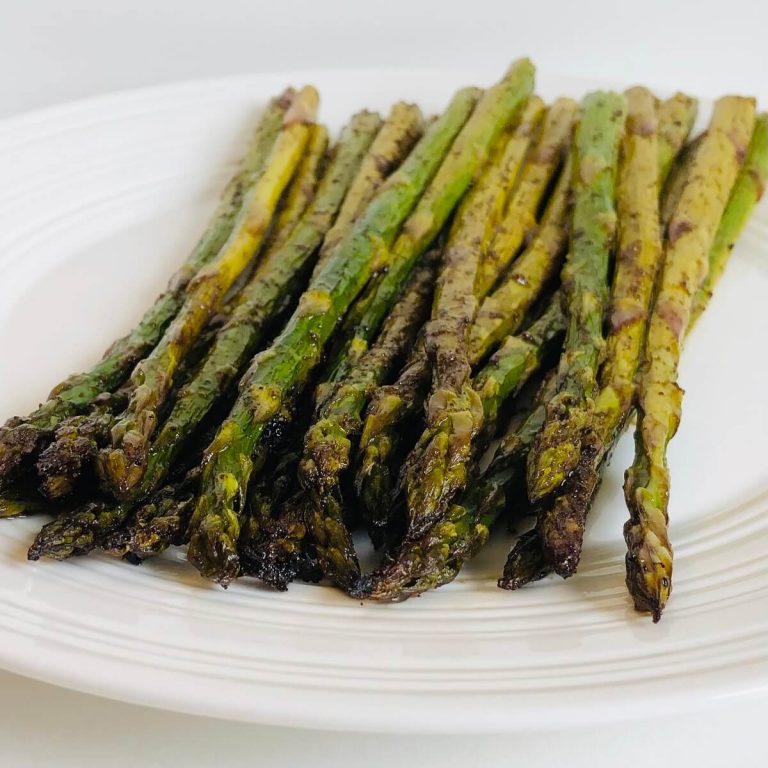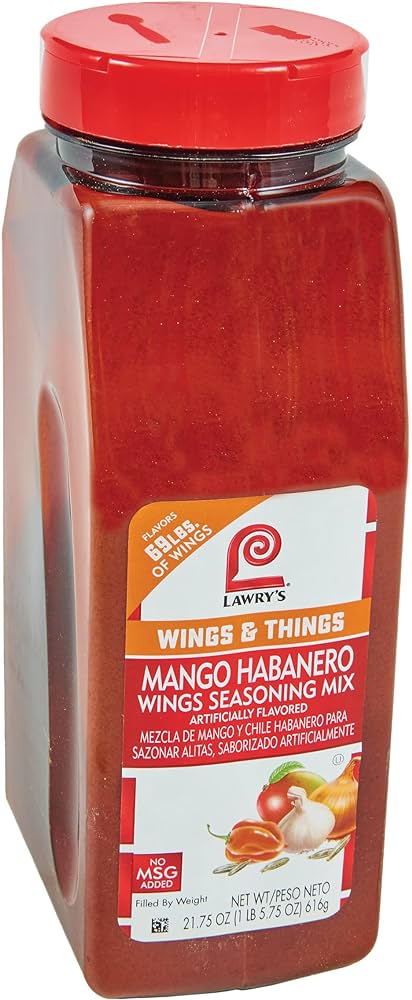Dandelion Syrup: Health Benefits, DIY Recipe, and Best Brands to Buy in 2023
Dandelion syrup traces its origins to Europe, where it was used for centuries. Early accounts show that it was a common homemade remedy in both rural and urban areas. The syrup helped alleviate respiratory issues and digestive problems due to its natural diuretic properties. Folk medicine practitioners often turned to dandelion for its liver-supporting benefits. Recipes varied, but they usually involved boiling dandelion flowers with sugar or honey to create a thick, sweet liquid.
Cultural Significance Across Regions
Dandelion syrup holds cultural significance in many regions around the globe. In Eastern Europe, particularly in countries like Poland and Russia, families pass down recipes through generations. It’s part of traditional springtime celebrations when the flowers first bloom. In North America, indigenous tribes used dandelion in various forms for both food and medicine, seeing it as a versatile plant. Today, dandelion syrup remains popular in many cultures for its culinary applications and health benefits.
Health Benefits of Dandelion Syrup
Nutritional Components
Dandelion syrup contains vitamins and minerals that support overall health. It’s rich in vitamins A, C, and K, essential for immune function, skin health, and blood clotting. You also find small amounts of folate, iron, calcium, potassium, and magnesium, contributing to bone health, muscle function, and red blood cell formation.
Dandelion flowers provide antioxidants like beta-carotene and polyphenols. These compounds protect your cells from oxidative stress and inflammation, which can lower the risk of chronic diseases.
- Vitamins: A, C, K
- Minerals: Folate, Iron, Calcium, Potassium, Magnesium
- Antioxidants: Beta-carotene, Polyphenols
Potential Therapeutic Effects
Dandelion syrup exhibits several health-promoting properties. Its diuretic effect helps reduce water retention, supporting kidney function and potentially lowering blood pressure.
The syrup aids in digestion by stimulating the appetite and promoting bile production, which helps break down fats. This is beneficial for those with sluggish digestion or liver issues. Studies indicate dandelion may improve liver function by reducing fat deposits and enhancing detoxification processes.
- Diuretic Properties: Supports kidney function, reduces water retention
- Digestive Benefits: Stimulates appetite, aids in fat digestion
- Liver Health: Enhances detoxification, reduces fat deposits
Incorporating dandelion syrup into your diet can have these positive effects, making it a valuable addition for both culinary and health purposes.
Making Your Own Dandelion Syrup
Collecting and Preparing Dandelions
Collect dandelions from areas free of pesticides and pollution. Ensure the plants thrive in clean environments like your backyard or a nearby park. Harvest dandelions early in the morning when they hold maximum nectar. Use a pair of scissors or a knife, and cut the flower heads just below the bloom.
Rinse the dandelions thoroughly under cold water to remove any dirt or insects. Soak the flowers in a bowl of water for a few minutes to ensure cleanliness. After soaking, drain the water and lay the flowers out on a clean towel to air dry. Remove green parts of the flowers to avoid bitterness.
- Ingredients:
- 2 cups dandelion flowers (prepared and cleaned)
- 4 cups water
- 1 lemon (sliced)
- 4 cups sugar
- Boil the Flowers: Add the cleaned dandelion flowers and lemon slices to a pot with 4 cups of water. Bring the mixture to a boil.
- Steep Overnight: Once boiling, reduce heat and let it simmer for 30 minutes. Remove from heat, cover, and let the mixture steep overnight for stronger flavor.
- Strain: Strain the mixture through a fine mesh sieve or cheesecloth into another pot. Discard the flowers and lemon slices.
- Add Sugar: Add 4 cups of sugar to the strained liquid. Stir until sugar dissolves completely.
- Simmer: Return the pot to low heat and let it simmer until the liquid thickens to your desired consistency (about 1–2 hours).
- Store: Pour the syrup into sterilized jars and seal. Store it in the fridge and use within 6 months.
Making dandelion syrup at home ensures a natural product free of artificial additives and preservatives. Enjoy it as a topping for pancakes, a sweetener for tea, or an ingredient in various recipes.
Culinary Uses of Dandelion Syrup
Sweetening Beverages
Dandelion syrup enhances the flavor of both hot and cold beverages. Add it to tea to replace sugar, infusing herbal notes and a mild sweetness. Use dandelion syrup in coffee or lattes for a unique flavor twist. Mix it into lemonade for a refreshing, floral-infused drink.
Creative Cooking Ideas
Dandelion syrup works well in various culinary applications. Drizzle it over pancakes or waffles for a natural sweetener. Incorporate it into salad dressings to add a sweet, earthy flavor. Use it as a glaze for roasted meats, balancing savory elements. Add dandelion syrup to baked goods like muffins and cakes for a subtle floral note.
Buying Guide for Dandelion Syrup
What to Look for in Commercial Syrups
When buying dandelion syrup, focus on ingredients, quality, and sustainability.
- Ingredients: Look for syrups containing organic dandelions, sugar (or natural alternatives like honey), and water. Avoid syrups with artificial additives, preservatives, or high-fructose corn syrup. Organic ingredients ensure a natural product, free from pesticides.
- Quality: Check the product’s origin. European brands often follow traditional methods, while North American brands focus on sustainability. Read reviews to gauge taste and consistency. High-quality dandelion syrup should have a balanced sweetness and a subtle floral note without an overpowering flavor.
- Sustainability: Be mindful of sustainable harvesting practices. Ethical brands will often mention this on their packaging. Sustainable harvesting ensures that wild dandelion populations aren’t depleted and that environmental impact is minimal.
- Nature’s Way: Known for its use of organic dandelions and natural sweetness, Nature’s Way offers a balanced and flavorful syrup. It avoids artificial additives and preservatives, prioritizing natural ingredients. Many consumers commend its light, floral taste.
- Gaia Herbs: Gaia Herbs focuses on sustainability and quality, using responsibly harvested dandelions. The syrup has a rich consistency and a well-rounded flavor, making it ideal for culinary uses. Reviews frequently highlight its purity and effectiveness.
- Herbalist’s Delight: This brand prioritizes traditional methods and high-quality ingredients. The syrup’s organic certification and absence of artificial components make it a reliable choice. Customers appreciate its authentic taste and versatile culinary applications.
- Wholesome Sweeteners: Offering dandelion syrup with natural sweeteners like agave or honey, Wholesome Sweeteners emphasizes a healthier option. It provides a unique flavor profile while maintaining quality and sustainability.
Use these criteria and recommended brands to ensure you select the best dandelion syrup for your needs.
Conclusion
Dandelion syrup offers a unique blend of history, health benefits, and culinary versatility. Whether you’re making it at home or purchasing a commercial option, understanding the importance of quality ingredients and sustainable practices ensures you get the best product. Brands like Nature’s Way, Gaia Herbs, Herbalist’s Delight, and Wholesome Sweeteners stand out for their commitment to these principles. By choosing wisely, you can enjoy the rich flavors and numerous benefits that dandelion syrup brings to your table.






